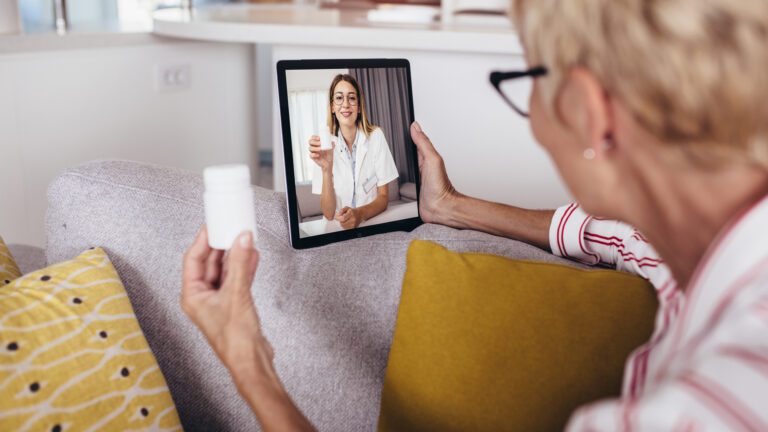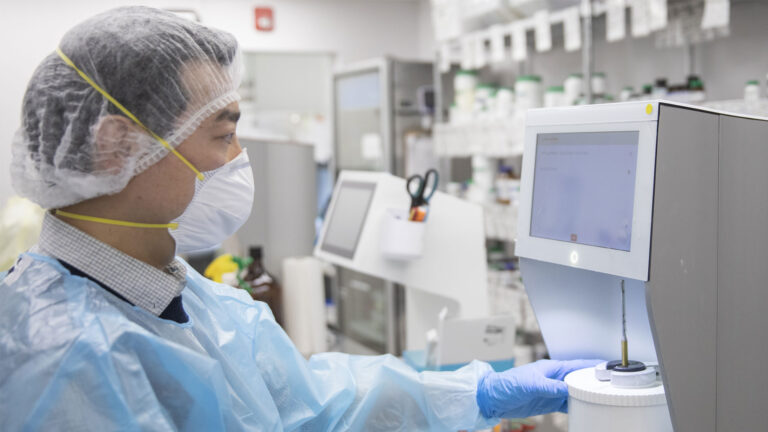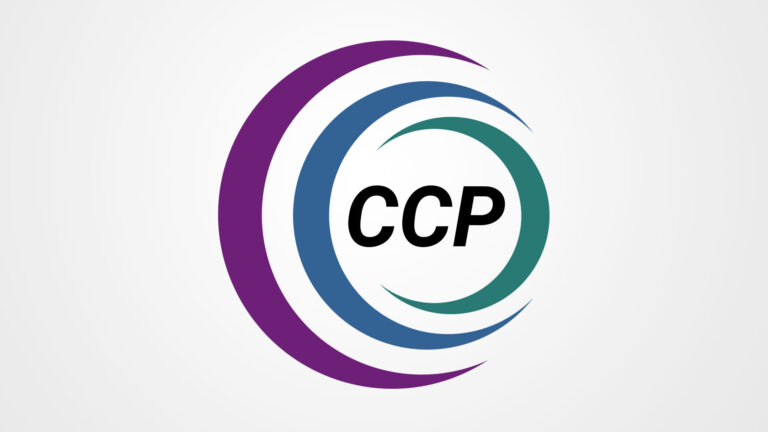
In many aspects of our lives, technology has advanced a great deal in a relatively short period. Consider the automobile.
When cars were first introduced, drivers had no idea what their vehicle’s oil level was, what the tire pressure was, or much of anything else. In fact, most early cars didn’t even come equipped with a speedometer, leaving the driver to guess how fast they were going. Today, cars can tell the driver about almost everything that’s going on inside and outside of the vehicle, including weather conditions, road and traffic conditions, and, yes, the air pressure in your tires. Based on these and other factors, cars can now accurately predict when you will arrive at your destination.
According to Claudia Rijcken, we are experiencing the same digital revolution in health care. Thanks to advancements in technology, individuals can access much more information about how their bodies are functioning and healthcare providers are able to predict—and prevent—future health problems.
Claudia, a Dutch pharmacist and author, edited the 2019 book Pharmaceutical Care in Digital Revolution (ISBN 978-0-12-817638-2) and presented her research to ACP Council at its June 2021 meeting. She said we are currently experiencing a sixth wave of digital revolution with a convergence of all types of technology, including artificial intelligence (AI), robotics, and automation. She opined that in health care, the prevailing attitude is “digital if possible, human if needed.”
“It’s not that technology will replace pharmacists or doctors, but we think about it from the perspective of blended care,” said Claudia. “If we provide care digitally it can give us more time to deal with more complicated cases via human care. Care providers who are not aware of what technology is available to them are less-educated professionals.”
Claudia believes that health systems must adapt to a healthier, aging population with changing needs and expectations when it comes to health care.
“We are more and more used to being able to order everything from our couch and having 24-hour access to ordering products and support services,” said Claudia. “People expect that more and more from health care as well. Younger populations are more willing to monitor their own health. COVID-19 has accelerated virtual care opportunities. People expect personalized care that focuses on their needs. AI and data can support that.”
Here are some sources of data Claudia believes are already, or will become, beneficial to pharmacists:
- electronic health records;
- e-prescribing and e-dispensing;
- online pharmacy and health data systems;
- wearable technology;
- robots and virtual humans;
- digital therapeutics (as an alternative to drug therapy);
- remote patient monitoring, counselling, and virtual care; and
- patient-reported outcomes.
“These can help pharmacists make better decisions and improve the discussion you have with a physician about the best care profile for a patient,” said Claudia.
Pharmacy is already experiencing the digital revolution. In Europe, Claudia pointed to ATM-type machines where patients can pick up prescriptions or refills. Patients can also use mobile phone apps to order prescriptions or over-the-counter medications. A pharmacy chain in the Netherlands has a digital pharmacist which uses AI to answer general health or medication questions.
“The pharmacy chain is monitoring and tracking the experience of patients to see if they like her (the digital pharmacist),” said Claudia. “So far the feedback has been positive. She has emotions. It is conversational artificial intelligence. If a patient has a question at 9:00 or 10:00 in the evening and they don’t want to go to a pharmacy, she can answer their questions 24/7 quite quickly. She can’t answer every question. If she can’t help you, she will refer you to a human pharmacist.”
Council recognizes the need to modernize our practice framework in anticipation of new opportunities for patients and how they continue to receive quality care and services. That is why this is identified as one of ACP’s five strategic goals over the next five years.
There is an urgency for pharmacists and pharmacy technicians to become digitally competent. Regulated members are more likely to be successful in the future if they can easily access digital information about their patients from multiple sources and translate this into evidence-informed knowledge that is usable by them and the patient in a timely manner.




